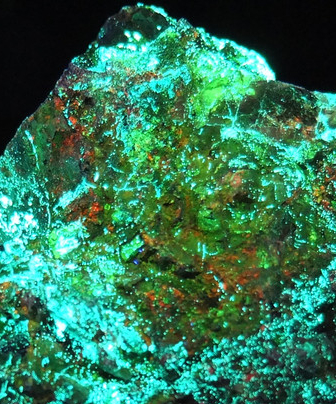Bacteria light up rare earths
 Australian scientists have made bacteria glow to find rare earths.
Australian scientists have made bacteria glow to find rare earths.
A team of Australian scientists from the ARC Centre of Excellence in Synthetic Biology at Queensland University of Technology (QUT) has developed a biosensor capable of detecting rare earth elements, including lanthanides, which are critical for electronics, electric motors, and battery production.
The biosensor, engineered under the leadership of Professor Kirill Alexandrov, utilises modified proteins to form molecular nanomachines that emit detectable signals upon binding with lanthanides.
This advancement offers a potential solution to the environmental and economic challenges associated with current extraction methods, which are both costly and ecologically damaging.
“This work opens up exciting possibilities for using biology to detect and recover rare earth metals,” said Professor Alexandrov.
The research, published in Angewandte Chemie International, details the creation of a hybrid protein chimera by merging a lanthanide-binding protein (LanM) with an antibiotic-degrading enzyme known as beta-lactamase.
This engineered protein functions as a molecular switch, activating only in the presence of lanthanides, and can be used to detect and measure these elements through visible colour changes or electrical signals.
Remarkably, bacteria modified with these protein chimeras were able to survive antibiotic exposure solely when lanthanides were present, demonstrating the biosensor’s high specificity and sensitivity.
This characteristic highlights the potential for precise detection of rare earth elements even in complex environments.
The team aims to enhance the specificity of the molecular switch to differentiate between closely related rare earth elements.
Additionally, they are exploring applications beyond detection, including the engineering of microbes to extract rare earth minerals directly from ocean water.
“We also want to explore using the tool to engineer microbes that can directly extract rare earth minerals from ocean water,” added Professor Alexandrov.
The researchers are in discussions with potential industry partners to commercialise this technology, which could significantly impact resource recovery and environmental sustainability.








 Print
Print